What we do
Our Activities
NFDI4Objects is dedicated to research data management for the study of the material heritage of more than three million years of human history. Together with the community from the various disciplines, we develop standards for object-related data, provide services and offer support and training to make the management of research data FAIR and sustainable.
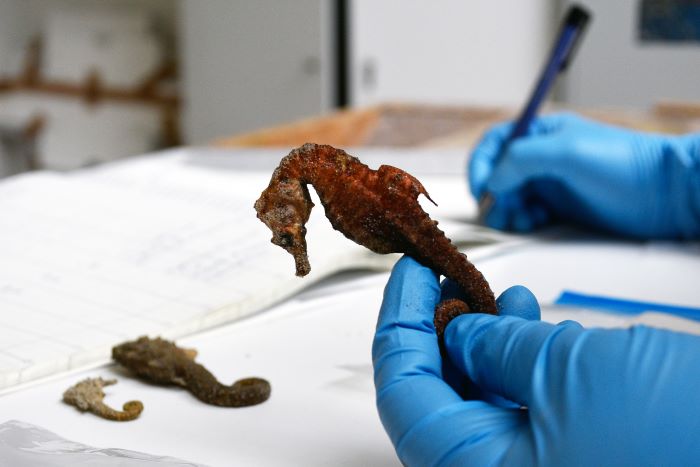
The members of the consortium work together to build a branch National Research Data Infrastructure for our academic community. Our work is structured by the concepts of the data life cycle and the object biography. The object biography documents the life of an object from its production, through its use, its owners and its current whereabouts. It approaches the object not only from a static perspective, but also as a dynamic part of social and cultural networks in changing contexts. The object’s biography is continued with the initial archaeological documentation and its recovery, the subsequent systematic cataloguing in collections and scientific analysis and restoration. Finally storage, integrated publication (linked open data) and the teaching of data skills are important elements of our activities.
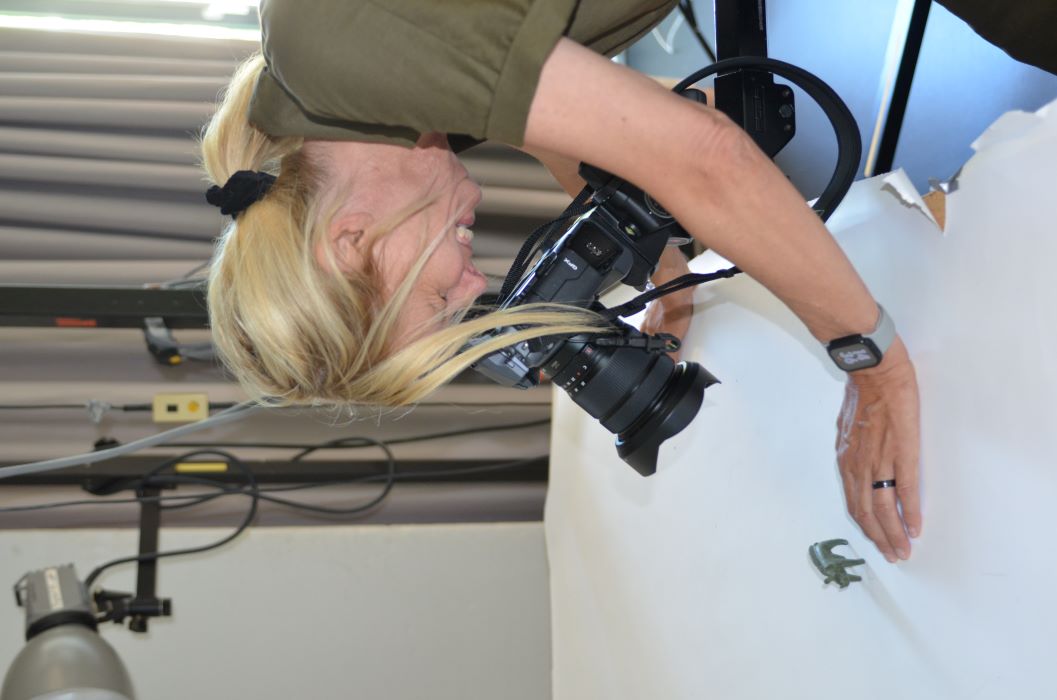
Work programme
The work programme, set out in the NFDI4Objects DFG funding proposal, forms the framework for the implementation of activities in the consortium. It is orientated towards the previously identified needs of our community. We are developing free software applications and data repositories in accordance with the FAIR and CARE principles and creating concepts for authority data and guidelines for sustainable data storage.
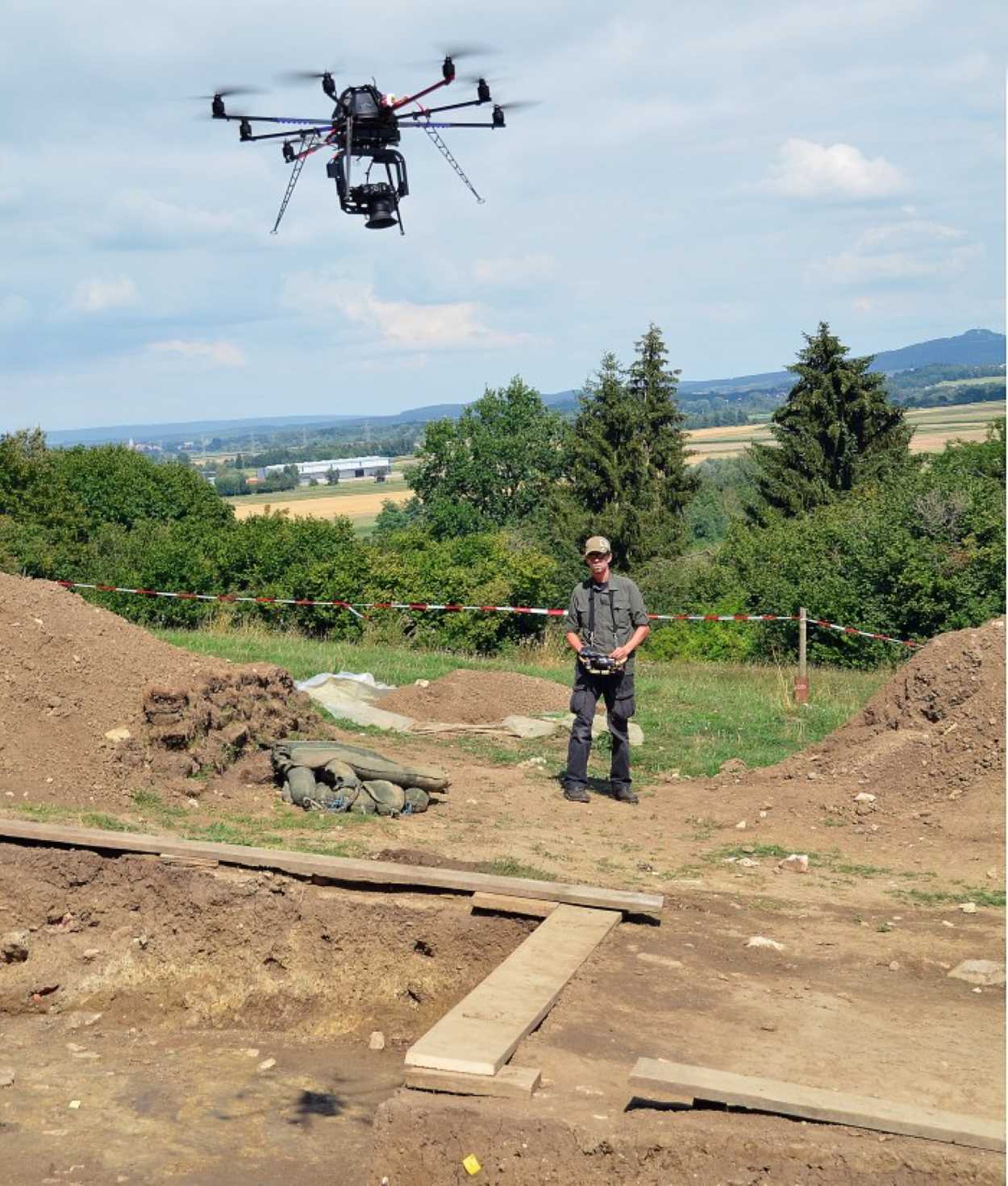
Measures and Tasks
NFDI4Objects and the work programme are divided into Task Areas (TAs) according to the DFG’s specifications. These organise the various tasks and work processes within the consortium. The affiliation of our consortium members to a specific Task Area is based on their expertise in the thematic priorities of the funding proposal. A TA works on overarching measures relating to an area of the data lifecycle. These are in turn subdivided into individual tasks. The results are made available to the community in the Commons and in the Service Portfolio and help the Community to implement research-focussed and practice-orientated research data management.
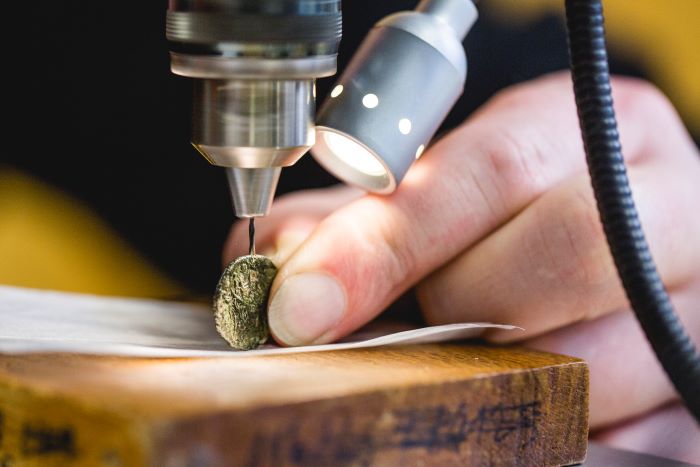
TRAILs
The development of NFDI4Objects is driven by the needs of researchers for the management of research data in accordance with the FAIR principles. NFDI4Objects uses TRAILs (Task Related Activities for Implementation and Launch of Services) to involve the community. TRAILs enable the development and implementation of practical and innovative ideas that sustainably strengthen both the scientific work and the infrastructure of the consortium.
In the first TRAIL-phase, which has been running since 2023, we have launched 18 projects that were funded for a period of six to 24 months.
We support project ideas,
- that test new approaches and tools to improve the handling of research data and facilitate its exchange.
- that develop solutions for the needs of our community. Our consortium members work together across disciplines to create practical approaches for handling object-related research data.
- that can be used in the long run. The results of the TRAILs flow into NFDI4Objects as services and are available in the NFDI4Objects Commons.
The second phase of TRAILs will start in autumns 2025.
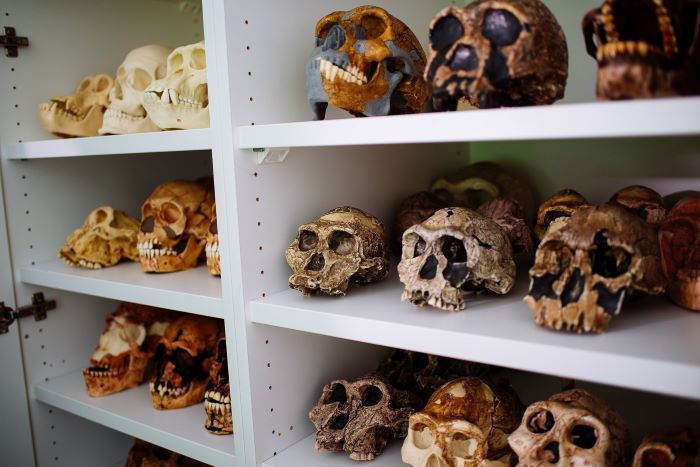
Community involvement
The consortium has been developed since 2018 in a broad bottom-up process. The funding proposal and the work programme have been closely coordinated with the users in the field of research data management from the various partner institutions. This important exchange of knowledge and experience is continuously expanded in close cooperation via the consortium’s numerous Community Clusters and Temporary Working Groups. Interested individuals are therefore welcome to participate in these and actively contribute to research data infrastructure for the material heritage of three million years of human history.
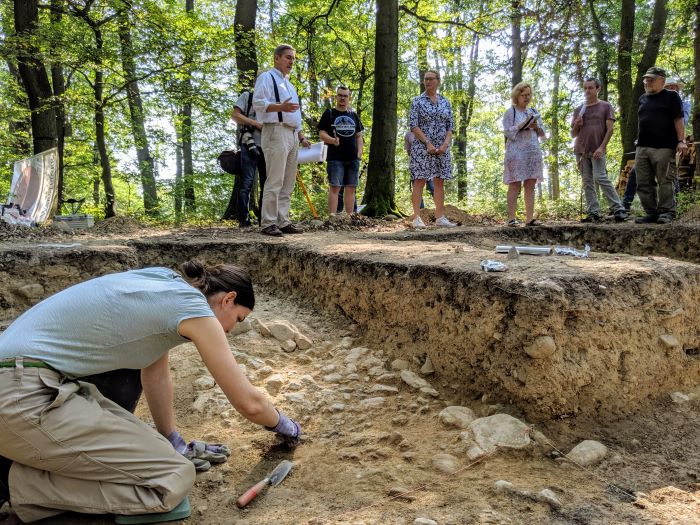
Community Cluster
What are Community Clusters?
Community Clusters (CC) are specific discussion forums on various research data management topics. They offer an open platform for all interested individuals to engage with each other. In addition to the professional exchange, they are intended to serve as places for networking and further education. The Community Clusters accompany the consortium’s work programme and enable a low-threshold approach for initiatives, needs and impulses from the community.
What are the aims of Community Cluster?
Community Clusters facilitate the transfer of knowledge within the community and create structures for thematically focussed communication, which is essential for the development of long-term successful and sustainable RDM concepts.
If a specific question or challenge relating to research data management arises in a Community Cluster, it is possible to form an interest group and deal with the issue as part of a Temporary Working Group.
How can I take part?
All interested individuals are welcome to participate in the Community Clusters. Contribute your expertise, make new contacts and play an active role in building the future research data infrastructure! The meetings are usually online. For information on which topics are already being discussed in Clusters and the contact details of the chairpersons can be found in the portal. To stay up to date, the newsletter provides regular information on current developments in the consortium.
Your area of interest in research data management is not yet covered by a Community Cluster? You are welcome to establish one yourself!
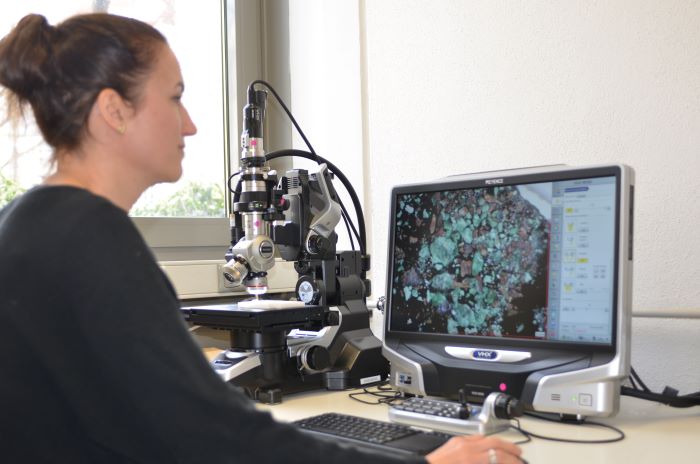
Temporary Working Groups
What are Temporary Working Groups?
A Temporary Working Group (TWG) in NFDI4Objects is a specialised working group that exists for a limited period of time. The impetus can arise, for example, in our Community Clusters or the Task Areas. The co-operation of many different participants ensures that the work results of NFDI4Objects are developed by the community for the community.
What are the aims of Temporary Working Groups?
The Temporary Working Groups fulfil specific and well-defined tasks relating to research data management, such as the development of recommendations and services. They are set up to work with the community to produce results that often lead to a publication. TWGs also make it possible to incorporate community initiatives into the activities of the consortium. In this way, the consortium ensures its agile further development and constant engagement with the needs of its own target group.
How can I take part?
All interested individuals are welcome to participate in the Temporary Working Groups. The meetings are usually online. Visit our portal to get an overview of the existing TWGs. If you are interested in participating or have any questions, please get in touch with the responsible contact persons (chairs) - we look forward to your ideas and commitment! To keep you up to date, the newsletter provides regular information on current developments in the consortium.
Is your concern not yet addressed in a Temporary Working Group? You are welcome to establish one yourself!